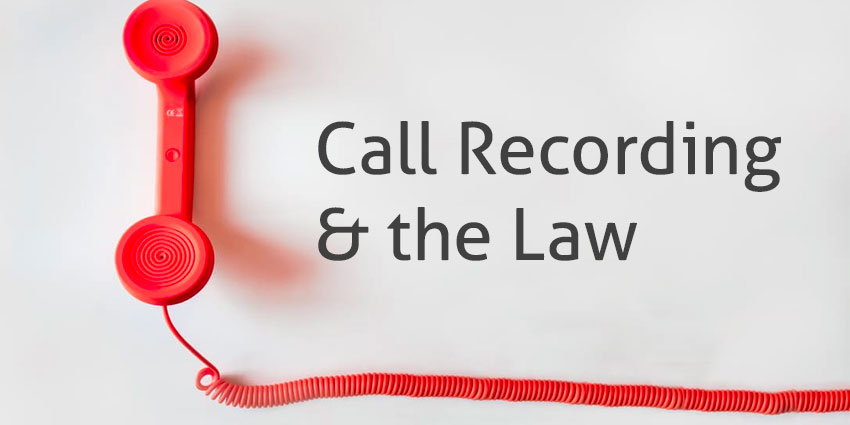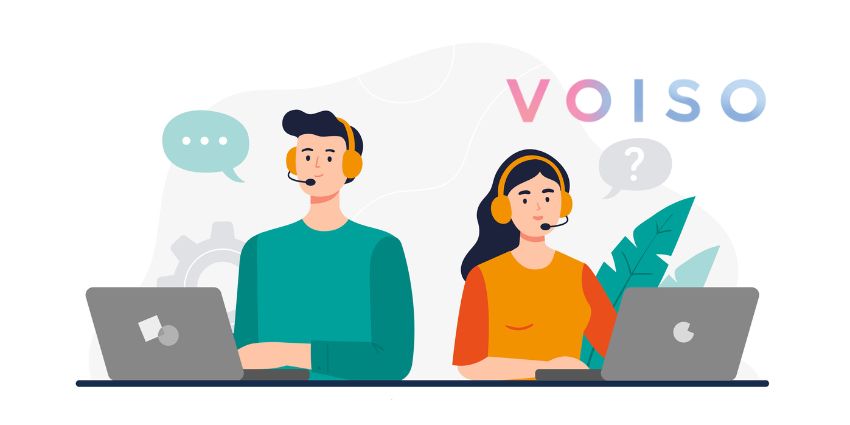The recording, monitoring, and interception of telephone calls in the UK is governed by a range of different pieces of legislation. These rules help to make up the guidelines that call recording software and users need to follow when monitoring quality and providing staff training opportunities – amongst other things.
For a business to operate within the confines of the law, they need to follow all relevant legislation available, including:
- The regulation of Investigatory Powers Act introduced in 2000
- The Human Rights Act of 1998
- The Telecommunications Privacy and Data Protection Regulations of 1999
- The Data Protection Act of 1998
- The Telecommunications Regulations act of 2000
Though we can’t give you too much detail about that legislation in this article, we can provide a little more information about the laws surrounding the monitoring and recording of telephone communication. However, before we do that, we recommend that any person considering the recording, interception, or monitoring of phone calls or emails should seek assistance from an independent legal professional. The last thing you want is to be accused of a criminal offence, as civil actions can be taken against you if you do not comply with the right legislation.
Monitoring and Recording FAQ
Here, we’re going to take a look at some of the most common questions that telecommunications companies and service providers have to ask about recording and monitoring solutions. For instance:
Can I record Conversations on my Home Phone?
Home phone conversations can be recorded because the “RIPA” law does not stop individuals from recording their own communications so long as the recording is question is for that individual’s own use. Monitoring and recording activities are only prohibited wherein some of the contents of the communication can be made available to third parties – someone who was neither the sender of the information nor the caller, or intended recipient. For instance, a Telecoms company would not be able to share recorded information with third parties.
Do I Need to Inform People that I Will be Recording Telephone Conversations?
You only have to inform people of your intent to monitor or record a call if the communication will then be made available to a third party. If you are going to reveal information to a third party, then you will need the consent of the people that you are recording.
Can Businesses monitor or Record E-mail or Phone Correspondence?
Businesses can only record or monitor phone calls and emails in specific circumstances that have been defined by the LBP regulations. The primary circumstances that apply to this situation would include:
- Providing evidence of a business transaction
- Ensuring a business complies with regulatory procedures
- Preventing or detecting crime, or investigating unauthorised telecom use
- Ensuring quality standards are met in the interests of security
- Securing the effective operation of telecom systems
Businesses can also monitor (not record) correspondence that have been received to see whether they are relevant to that business. However, the interception of employee communications must follow data protection principles. The Information Commissioner has information on complying with the legal requirements of the data protection act that can assist companies in need.
Have you had issues with call recording law? What’s opinion? Comment below







